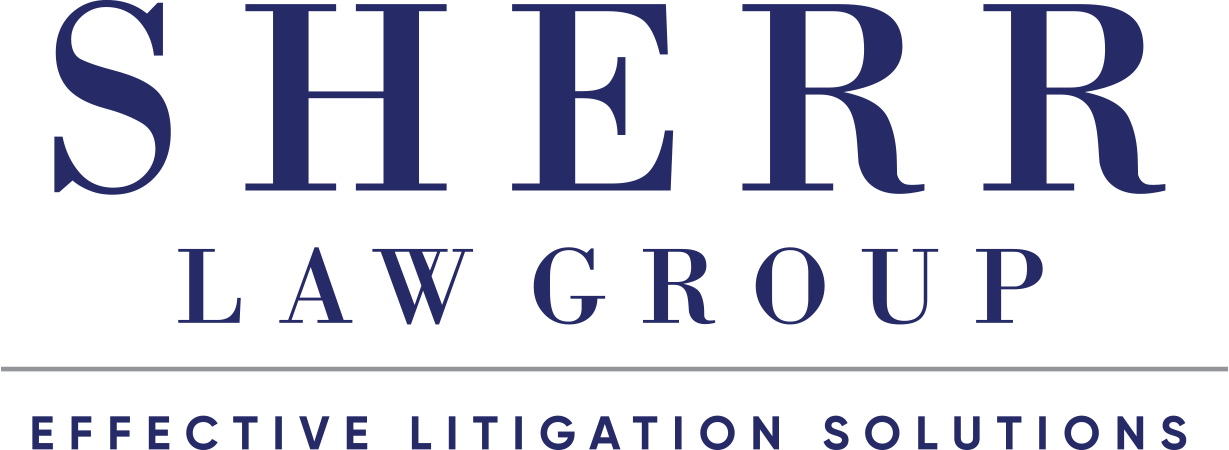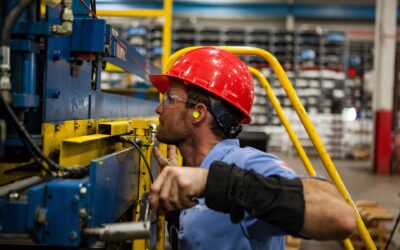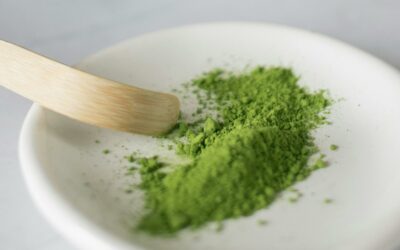
A products liability lawsuit case is never pleasant for anyone involved.
When a products liability lawsuit is filed, it is because someone has been injured, suffered a property loss or – in the worst-case scenario – died. As a result, those responsible for putting the product into the stream of commerce where an individual bought it must defend themselves against allegations of designing, producing, distributing or selling a defective product.
For insurance companies with financial exposure resulting from their policyholder being sued, the key question we seek to answer as products liability and insurance defense lawyers is quite simple: Is the defendant responsible for the injury?
Overall, product liability claims fall into one of three broad categories: Negligence, breach of warranty and strict liability. The defense we mount depends on the type of claim. As just one example, a defense that the plaintiff assumed the risk because of their own unwise use of a product often can defeat a negligence of breach of warranty allegation.
We begin our work on behalf of an insured or their carrier with an investigation into the root cause of the injury.
Why Early Investigation Is Key in Product Liability Cases
In any case involving alleged product defects, early investigation is essential to building a successful product liability defense. A skilled product liability attorney Pennsylvania will immediately assess the scene of the incident, the condition of the product, and the actions taken by the user. Timing matters — key evidence can be lost, altered, or forgotten.
In cases where manufacturers are covered under product liability insurance in Pennsylvania, insurance carriers also need to understand the claim’s merit and potential exposure quickly. Prompt legal action can help shape the narrative early, preserve evidence, and reduce legal and financial risks.
Whether we’re handling a claim involving industrial machinery, consumer electronics, or recreational equipment, our team at Sherr Law Group takes a proactive, detail-driven approach. The stakes are particularly high in Philadelphia product liability cases, where complex supply chains and multiple parties may be involved. In these instances, identifying the correct defendant and narrowing liability is key to a successful outcome.
So, this is a quick overview of the types of defenses that work in different scenarios depending on the action that has been filed by a plaintiff based on what we uncover.
The product design itself didn’t cause the injury – We can argue on behalf of a defendant that something other than a defect in the design or manufacture of a product resulted in the plaintiff’s injuries. If there was no way the harm could have been predicted reasonably, its design could not have prevented it. As an example, if a consumer is burned after being shoved from behind by somebody while ironing, we would be able to argue that the shove caused the damage, not that the iron was manufactured in such a way that it was too hot. Remember, though, that if the event leading to an injury was predictable and could have been prevented either by its design or through a prominent warning, the product will be viewed as the cause of the damage.
The plaintiff also was negligent – This defense can be successful when we can demonstrate that a plaintiff misused a product in a way that it wasn’t intended or could be predicted. In effect, if the plaintiff was negligent themselves in using the product, we may be able to reduce the amount of damages awarded or have them eliminated entirely. Even if the product is defective in some way, shape or form, the court may rule that the plaintiff’s negligence is a superseding cause and may eliminate a claim for monetary damages.
The plaintiff assumed the risks in using the product – Often, our investigation of a products liability lawsuit claim uncovers that the plaintiff knew that the way they were using the product might lead to an injury or cause the product to malfunction. We have prevailed in cases by demonstrating that the plaintiff had assumed the risk because they used the product in a way it wasn’t intended. Their carelessness led to negligence or they simply disregarded the known risks. For instance, a snowmobile operating manual will caution against using the vehicle in certain ways but the operator did so anyway and was injured as a result.
The statute of limitation expired – In Pennsylvania, there is a two-year statute of limitation on filing a product liability lawsuit although there are some narrow technical exceptions. The clock starts ticking from the moment of the alleged injury. Occasionally, we find that a plaintiff hasn’t filed their action on time and can move to have the suit dismissed on statutory grounds saving an insurer a great deal of time and money.
Common Misconceptions About Product Liability in Pennsylvania
One challenge we regularly face in product liability defense is countering public misconceptions about how liability works. Many people believe that any injury involving a product automatically means the product was defective or the company was negligent — but that’s not how the law works in Pennsylvania.
For example, if someone misuses a product despite clear instructions or ignores warning labels, that behavior may significantly weaken their claim. Likewise, product warranties often have limitations that are misunderstood. An experienced Pennsylvania product liability attorney will know how to bring these nuances to light.
It’s also important to clarify that not all injuries are actionable. The law requires proof that the product itself was the direct cause of harm. As legal advocates, our job is to focus the case on facts — not assumptions. In cases involving significant injury or property damage, like those often seen in Philadelphia product liability defense matters, separating fact from emotion is key to a strong, reasoned defense.
Other Product Liability Claim Defenses in Pennsylvania
There are situations where a plaintiff bought a product and “disclaimed” the warranty, which means they agreed with the defendant that a product warranty did not apply. Other than in the case of certain industrial products, this defense is used infrequently because typically claims arise after a consumer buys a product from a retailer and has had no direct contact with the manufacturer.
In every case, we start by conducting a fact-finding investigation into the allegations focusing on these issues, beginning with the basics and moving on to the more complex. In a few instances, we can bring the matter to a close fairly quickly for our client; in others, it becomes a matter of digging deep into the history of the product and the person who claims to have been injured by it.
Using Expert Testimony in Product Liability Claims Defense
In many product liability claims defense strategies, expert testimony plays a critical role. Engineers, scientists, and human factors experts can help demonstrate that a product met all relevant safety standards or that the plaintiff’s use of the product deviated from safe operating procedures.
For example, in strict liability claims, experts may show that the product’s design included proper warnings or that an alternative design would not have prevented the injury. In negligence claims, they can help clarify whether the manufacturing process met industry norms. These insights often carry significant weight with judges and juries.
At Sherr Law Group, we partner with trusted professionals to evaluate causation, product performance, and regulatory compliance. This allows us to build a defense based on facts, not assumptions. Whether you’re facing a claim in eastern Pennsylvania or defending Philadelphia product liability cases, having reliable experts on your side strengthens your case from the outset and increases the likelihood of a favorable outcome.
Why Partnering with the Right Law Firm Matters
When the pressure is on, your defense team matters. Whether your case is being heard in Norristown or as part of ongoing Philadelphia product liability cases, choosing the right legal partner can dramatically affect the outcome.
At Sherr Law Group, we offer comprehensive representation in product liability defense Philadelphia cases and beyond. We collaborate with insurers, manufacturers, and distributors to understand the full scope of the issue and respond strategically. From the moment a claim arises to the final resolution — whether that’s settlement, dismissal, or trial — we advocate with purpose, precision, and attention to detail.
We understand how disruptive and costly product litigation can be. That’s why our focus is always on resolution without unnecessary escalation, unless a courtroom battle becomes necessary. If your company or insured is facing a claim, our team is ready to step in and build a tailored defense that reflects both the facts of the case and the complexities of defenses to product liability under Pennsylvania law.
If you have questions about a products liability claim you or your insured may be facing, feel free to call me or any of the products liability defense attorneys at Sherr Law Group in Norristown and Philadelphia.



